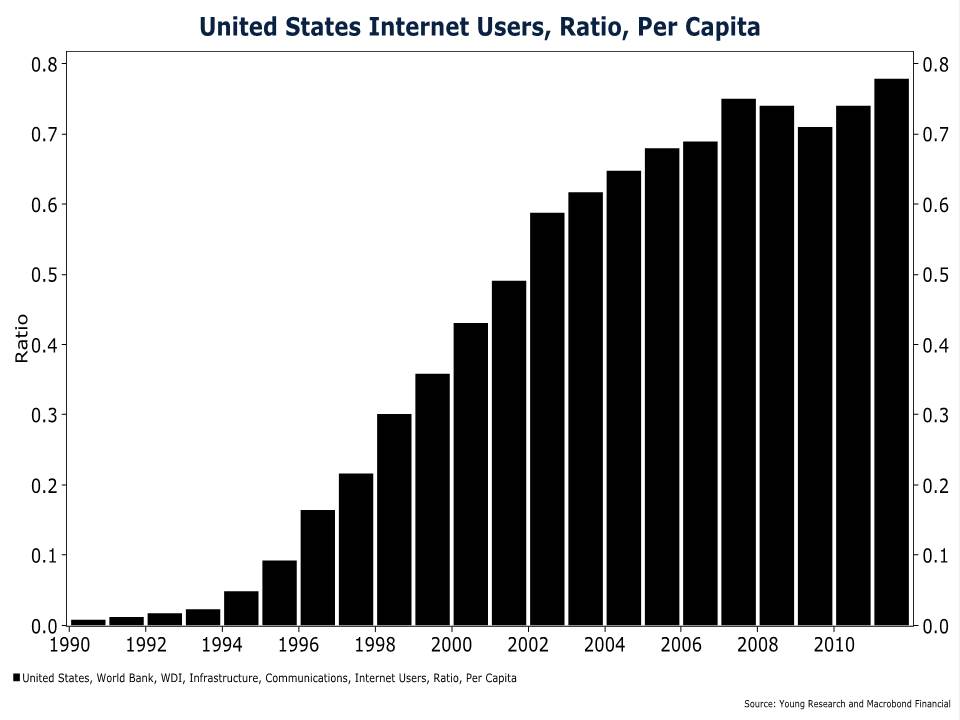The most disruptive force in economics over the last two decades has obviously been the internet. But the revolutions created by the web are not yet complete. After newspapers, correspondence, photography and music have been revolutionized by the net, education looks to be next. The Economist explains the rapidly evolving online market for education.
DOTCOM mania was slow in coming to higher education, but now it has the venerable industry firmly in its grip. Since the launch early last year of Udacity and Coursera, two Silicon Valley start-ups offering free education through MOOCs, massive open online courses, the ivory towers of academia have been shaken to their foundations. University brands built in some cases over centuries have been forced to contemplate the possibility that information technology will rapidly make their existing business model obsolete. Meanwhile, the MOOCs have multiplied in number, resources and student recruitment—without yet having figured out a business model of their own.
The internet’s inherent scalability gives MOOCs a fighting chance against their more established brick and mortar counterparts. The economics lend themselves to more profitable business models. That’s been seen in other internet business success stories.
The industry has similar network economics to Amazon, eBay and Google, says Ms Koller, in that “content producers go to where most consumers are, and consumers go to where the most content is.” Simon Nelson, the chief executive of FutureLearn, disagrees. “Anyone who thinks the rules of engagement have already been written by the existing players is massively underestimating the potential of the technology,” he says.
In 1990 less than 1% of Americans were using the net, in 2011 that number was over 77%. The ratio of Americans using the internet has grown so rapidly that there is no telling what other industries could be disrupted by the technology in coming years.

